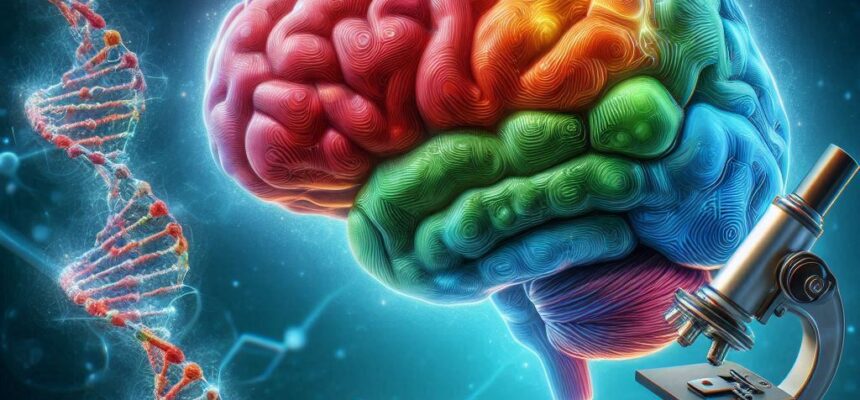Parietal Lobe Functions:
The parietal lobe, situated behind the frontal lobe, integrates sensory information and contributes to spatial awareness and motor coordination. It includes the postcentral gyrus, essential for processing tactile sensations such as touch, pain, and temperature.
Symptoms and Syndromes of Parietal Lobe Damage:
– Agnosia: Inability to recognize objects, despite intact sensory function.
– Gerstmann Syndrome: Results from left parietal lobe damage and includes agraphia (difficulty writing), acalculia (difficulty with math), finger agnosia (inability to recognize fingers), and left-right disorientation.
– Neglect Syndrome: Typically from right parietal lobe damage, causing a lack of awareness of the left side of space and body.
– Extinction: A phenomenon where a person can recognize stimuli on each side of the body individually but fails to do so when stimuli are presented simultaneously on both sides.
– Apraxia: Difficulty in performing coordinated movements or gestures, despite having the desire and physical capacity to perform the movements.
– Aphasia: Language difficulties, such as word finding and comprehension issues, often linked to damage in the left parietal lobe.
Examples of Specific Conditions:
– Parietal Epilepsy: Seizures originating in the parietal lobe can cause sensory disturbances, such as tingling or numbness, and complex visual or spatial hallucinations.
– Ischemic Stroke: Strokes affecting the parietal lobe lead to varying symptoms depending on the side affected:
– Left Parietal Lobe Damage: Can result in language deficits (aphasia), Gerstmann syndrome, and difficulties with mathematical and writing skills.
– Right Parietal Lobe Damage: Often causes spatial and perceptual issues, such as neglect syndrome, where patients ignore the left side of their environment and body.
References:
(1)ncbi.nlm.nih.gov
(2)spinalcord.com
(3)pubmed.ncbi.nlm.nih.gov
(4)webmd.com
(5)my.clevelandclinic.org
Verified by Dr. Petya Stefanova
